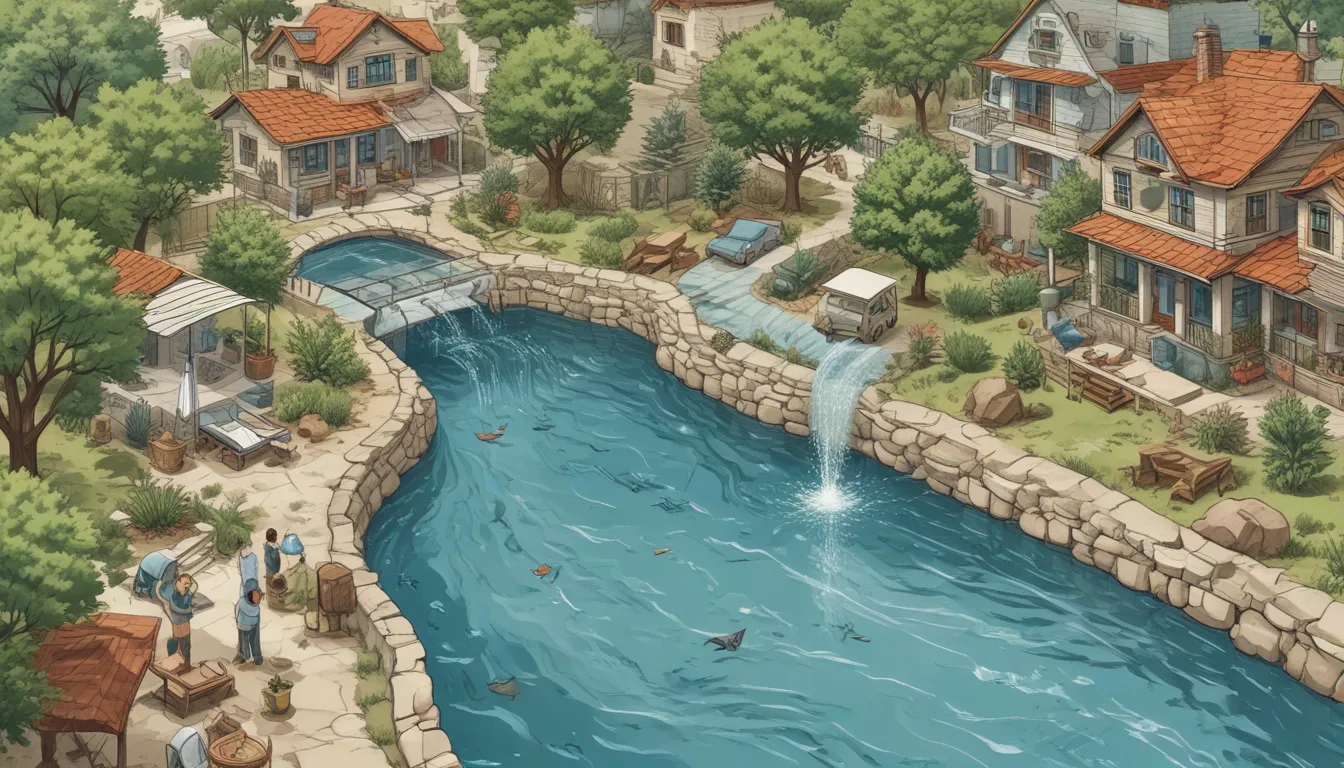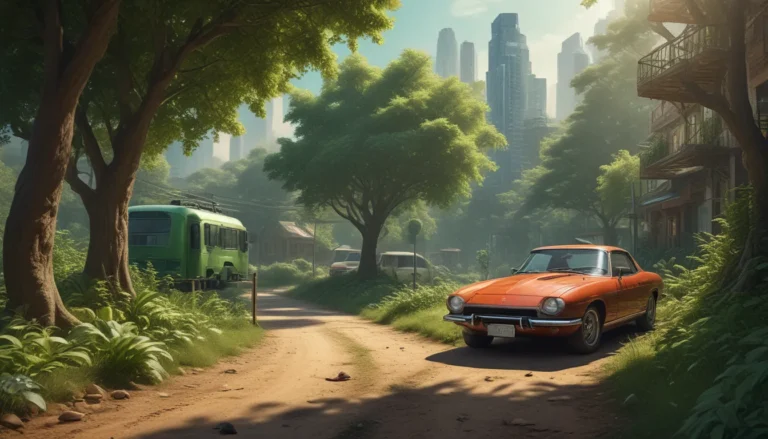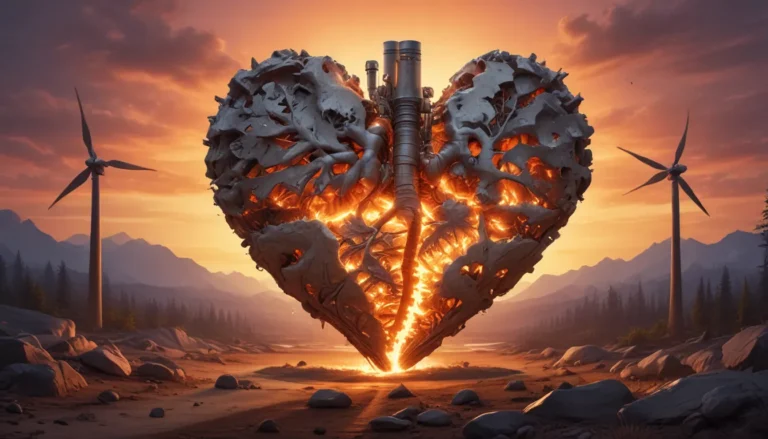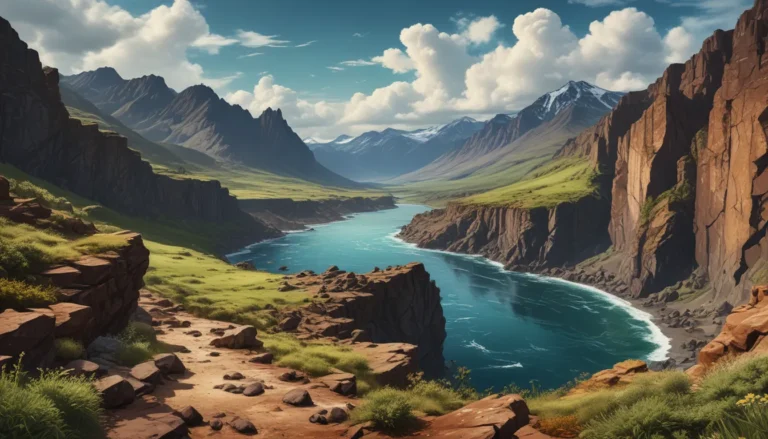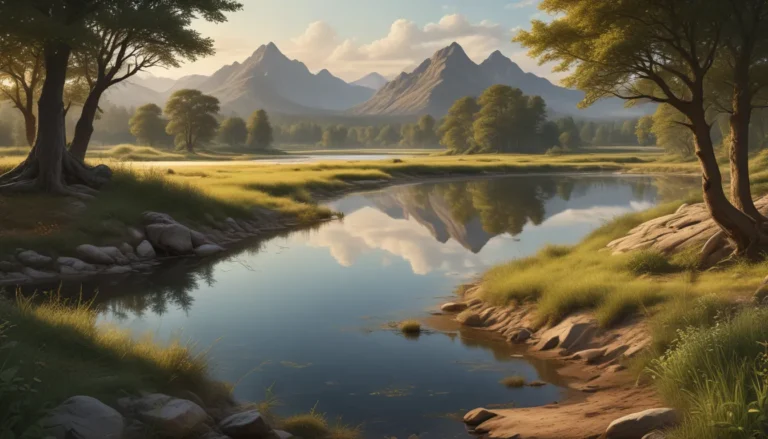A Note About Images: The images used in our articles are for illustration purposes only and may not exactly match the content. They are meant to engage readers, but the text should be relied upon for accurate information.
Water is a fundamental element of life, essential for our survival and the well-being of our planet. With the increasing global population and the alarming scarcity of water resources, it is imperative that we all take collective action to conserve this precious resource. In this comprehensive guide, we will explore 10 essential tips for water conservation, focusing on practical and effective strategies to promote sustainable living and ensure a better future for all.
Understanding the Significance of Water Conservation
Water is a finite resource, with only 2.5% of it being freshwater. As the global population continues to grow, the demand for water is steadily increasing, making water conservation a critical priority. By conserving water, we can protect ecosystems, preserve natural habitats, and ensure the availability of clean and safe water for future generations.
Practical Tips for Water Conservation
-
Fix Leaky Faucets: A dripping faucet can waste up to 20 gallons of water per day, adding up to over 7,000 gallons of water wasted per year. Repairing leaks promptly can make a significant difference in reducing water wastage.
-
Use Water-Efficient Appliances: Investing in water-efficient appliances, such as dishwashers and washing machines, can help save water while ensuring optimal performance.
-
Shorten Shower Time: A five-minute shower can use up to 25 gallons of water. By shortening our showers and using water-efficient showerheads, we can conserve water without compromising on cleanliness.
-
Collect Rainwater: Harvesting rainwater for gardening and outdoor use can help reduce reliance on freshwater sources and promote sustainable water management.
-
Reuse Graywater: Graywater, wastewater from activities like laundry and dishwashing, can be treated and reused for activities like watering plants, reducing water consumption.
-
Install Water-Saving Toilets: One-third of household water is used for flushing toilets. By installing water-saving toilets and adopting dual-flush systems, we can decrease water usage in our homes.
-
Implement Efficient Irrigation Techniques: Agricultural irrigation accounts for 70% of global water withdrawals. By implementing efficient irrigation techniques, such as drip irrigation, water usage in the agricultural sector can be significantly reduced.
-
Educate Employees: Businesses can promote water conservation by educating employees about the importance of water-saving practices and implementing water-efficient measures in their operations.
-
Promote Awareness: Governments, organizations, and individuals must work together to raise awareness about water conservation, implement regulations, and promote sustainable practices.
-
Monitor Water Usage: Monitoring water consumption through water meters can help track usage patterns, identify areas of excessive water consumption, and implement targeted conservation strategies.
The Environmental Impact of Water Conservation
Water conservation not only benefits our daily lives but also has a positive impact on the environment. By preserving water resources, we can protect aquatic ecosystems, wildlife, and natural habitats that rely on freshwater sources. Additionally, water conservation can reduce energy consumption associated with treating and distributing water, leading to a lower carbon footprint and a more sustainable future.
The Economic Benefits of Water Conservation
In addition to environmental benefits, water conservation can also lead to significant cost savings. By reducing water usage, households can lower their water bills and businesses can decrease operating costs. Furthermore, some local governments offer incentives, rebates, or tax credits for implementing water-efficient practices, encouraging individuals and businesses to adopt sustainable water management strategies.
Conclusion: Every Drop Counts
In conclusion, water conservation is not just a choice but a necessity for our planet’s sustainability. By implementing practical tips for water conservation in our daily lives, we can make a significant impact in preserving this invaluable resource. Remember, every drop of water saved contributes to the overall conservation effort, ensuring a better future for ourselves and generations to come.
FAQs: Your Guide to Water Conservation
-
Why is water conservation important?
Water conservation is crucial to ensure the availability of clean and safe water for future generations, protect ecosystems, and promote sustainable living. -
How can I conserve water at home?
You can conserve water at home by fixing leaks, using water-efficient appliances, shortening shower time, collecting rainwater, reusing graywater, and installing water-saving toilets. -
Are there financial benefits to water conservation?
Yes, water conservation can lead to lower utility bills and cost savings. Some local governments also offer incentives for implementing water-efficient practices. -
What can businesses do to conserve water?
Businesses can conserve water by installing water-efficient fixtures, recycling and reusing water, educating employees about water conservation, and implementing efficient water management practices. -
How does water conservation help the environment?
Water conservation helps protect aquatic ecosystems, wildlife, and natural habitats while reducing energy consumption and promoting a more sustainable future.
Water conservation is a shared responsibility that requires collective effort and commitment. By adopting simple practices and making conscious choices in our daily routines, we can all contribute to preserving this vital resource for generations to come. Let’s commit to practicing water conservation and be stewards of our planet’s most precious gift – water. Remember, every drop counts!
